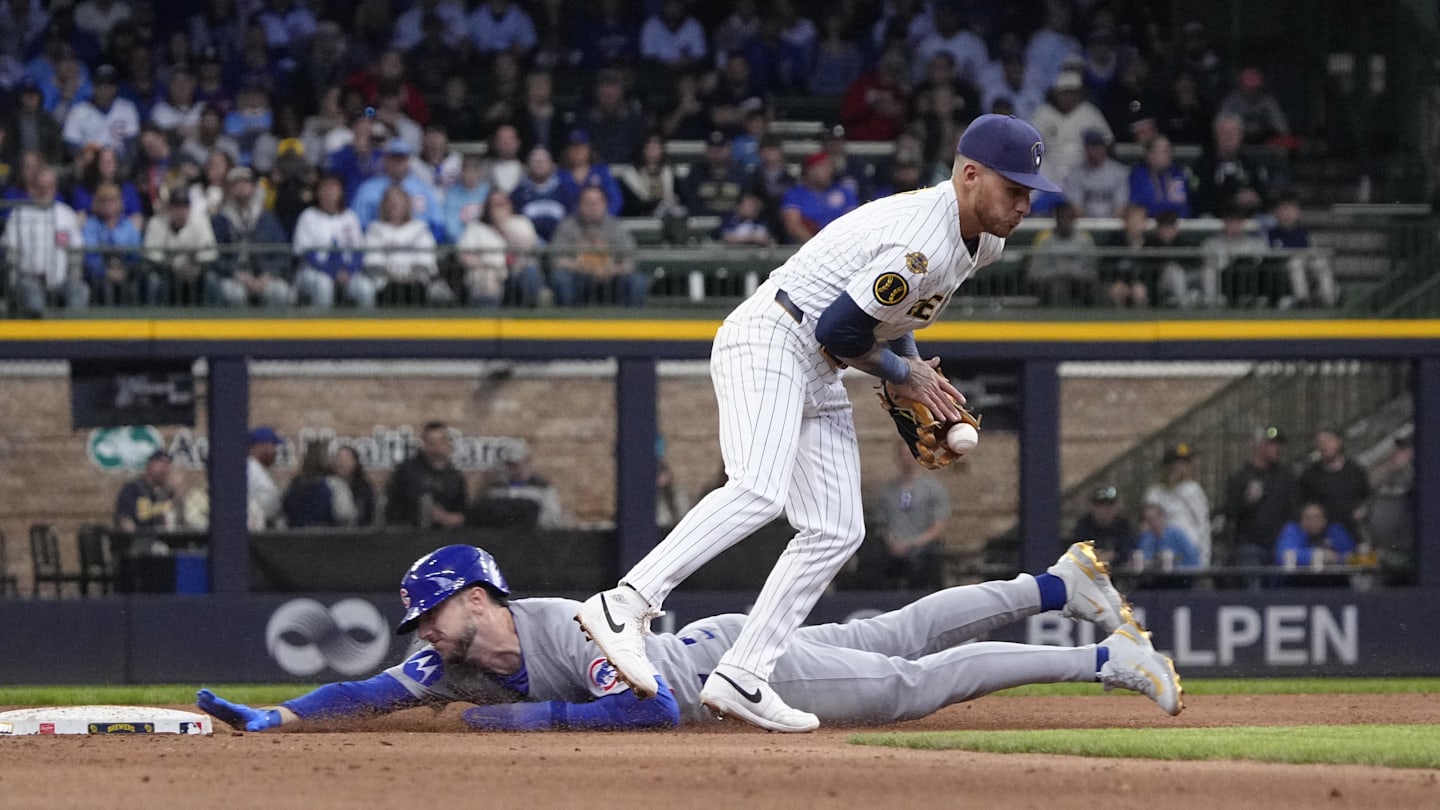The baseball world was thrown a curveball on Tuesday. After decades of ongoing debate, MLB Commissioner Rob Manfred ruled Pete Rose and “Shoeless” Joe Jackson to be eligible for the Baseball Hall of Fame—a major shakeup for a league notorious for wanting to maintain traditional standards of morality and acceptability.
Rose and Jackson, who were banned from the game for gambling, will be considered eligible for the ballot in 2027. Rose was banned from the game in 1989 for betting on games while managing the Cincinnati Reds. Jackson was part of the infamous 1919 White Sox team that allegedly conspired with gamblers to throw that year's World Series.
In 1920, the first MLB Commissioner, Kennesaw Mountain Landis, banned him and seven others from the game.
As a result, both were ineligible for the Hall of Fame.
This ruling has baseball enthusiasts spanning generations going into a flurry of emotions. Some ardent supporters cheered this ruling as deliverance from a perceived long-standing injustice. Others, such as longtime baseball journalist Bob Nightengale of USA Today, saw it as a “dark day” for the game, particularly involving Rose.
Others, including Rose's former teammate Johnny Bench, said MLB reversed course after Rose passed away in October 2024.
For all the talk, there is history to be reckoned with. Besides having the most hits, 4,256, Rose achieved the most games played (3,562), runs scored (2,165), and at-bats (14,053).
Certainly hall of fame credentials.
The obvious commonality between Jackson and Rose is that their lifelong exile was due to gambling. However, there are some stark differences between their respective cases.
This will show that Pete Rose was no choir boy in cleats, and it will not confirm that Joe Jackson and the Black Sox were hardened criminals who deliberately cheated the game.
The Black Sox played in an era in which money was hard for major league players to come by. The average salary was close to $4,000 in 1919. Plus, gamblers very much mingled with major league teams at the time.
Furthermore, Chicago owner Charles Comiskey was a notorious cheapskate and elitist. He allegedly withheld bonuses and forced players to pay for their uniform laundry.
Comiskey also had an affinity for well-educated players such as second baseman Eddie Collins. In return, he paid him $15,000 a year. Meanwhile, Jackson, arguably the best hitter at the time besides Ty Cobb, was illiterate.
He only made $6o00 a year.
Regarding on-field performance, the numbers don't conclusively prove that the White Sox woefully threw the game. Jackson hit the only home run in the series and batted .375.
Related NewsArticle continues below
Even though Jackson admitted to taking money from gamblers, he testified before the grand jury that he played to win.
It's also easy to forget that the White Sox were acquitted in a court of law. They weren't charged with throwing games, but with conspiring to defraud Comiskey.
The infamous Dowd Report clearly outlined betting slips and phone calls attributed to Rose. It showed that Rose not only bet on the game but also on his own team.
All of these clearly violated MLB Rule 21, which prohibited such activity. Rose was smart enough of a baseball man to know that, but he didn't care.
In addition, after then-commissioner Bart Giamatti banned Rose for life, he began a two-decade denial tour.
Then in 2004, on the cusp of releasing his book, Pete Rose: My Prison Without Bars, he came clean in a national televised interview with Charles Gibson of ABC News. His quest for the Hall of Fame came to a screeching halt.
The fact that he lied about it didn't help his cause. If he had fessed up at the beginning, it wouldn't have put him in the Hall of Fame, but at least there would have been more acceptance of his self-accountability.
For all who are shedding symbolic tears of joy that Pete Rose finally got his just due, it may be best to hold those tears back. Rose had every chance during that 15-year stretch to make it right by owning up to his mistake like the man known as “Charlie Hustle.” Instead, he chose to cower in plain sight and disgraced himself and the game he claimed to love.
Meanwhile, the Black Sox may or may not have pulled off the greatest fix in sports history. The numbers and the stories tell a much more complex tale.
So, who is really in greater need of sympathy? A man who not only violated a sacred rule but is documented having a relationship with a teenage girl as a grown man is not the one.












